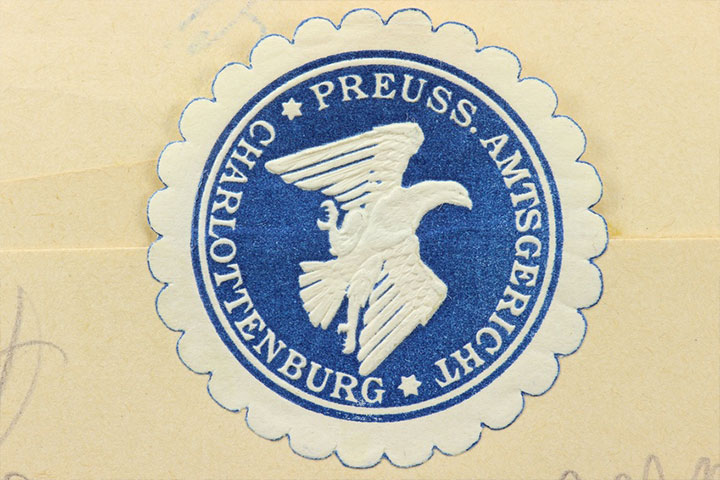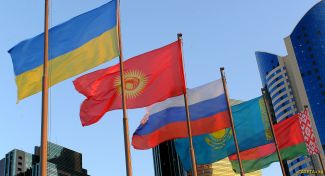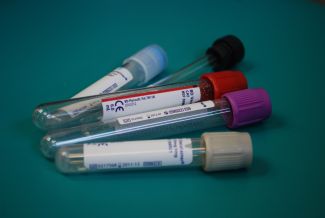
Schmidt & Schmidt provides services for the retrieval of civil status documents, as well as obtaining duplicates of lost or damaged documents in Spain with their subsequent legalization and translation.
If your personal documents are lost or damaged or you need to obtain current copies of documents it is necessary to request duplicates of documents. Often, those who have left Spain face difficulties in this procedure. Our service allows you to request documents in Spain remotely and we can carry out courier delivery of the document to anywhere in the world.
Validity of civil status documents in Spain
Civil status documents issued in Spain generally have a validity period of no more than 6 months, after which they must be replaced with new ones containing up-to-date data.
When to obtain duplicate documents in Spain
A duplicate birth certificate, marriage certificate, name change certificate, divorce certificate, criminal record certificate or death certificate may be required to register a marriage abroad, a newborn child, citizenship, inheritance, data verification for pension applications, opening bank accounts, employment and other bureaucratic issues.
What documents can be requested in Spain:
- Birth certificate
- Marriage certificate
- Certificate of change of surname
- Divorce certificate
- Death certificate
- Certificates of good conduct
- Educational documents
- Other civil status documents
Birth certificate
A birth certificate is an official document provided by the Registrar or acting Registrar of the relevant Civil or Consular Register. It verifies details of an individual's birth, including the date, sex, and, if applicable, the time of birth and family relationships.
Additionally, digital birth certificates are available, authenticated with a digital stamp from the Department of Registers and Notaries, using information stored in the Civil Registers' central database.
Types of Spanish Birth Certificates
There are four types of birth certificates in Spain. Literal Certificate (Certificado Literal), Extract Certificate (Certificado Extracto), International Birth Certificate and Electronic Certificate.
The literal certificate (Certificado Literal) is a copy of the registration of the birth, containing all of the data related to the identity of the individual and to the birth itself.
The extract certificate (Certificado Extracto) is a summary of the birth record. It’s available in multiple languages (for regions with co-official languages like Catalan or Basque) and is used for less formal purposes.
The International Birth Certificate format is standardized for use in multiple languages and is valid in countries that have signed the Vienna Convention:
- Spain , Germany, Bosnia-Herzegovina, Bulgaria, Estonia, France, Italy, Cape Verde, Cyprus, Lithuania, Luxembourg, Macedonia, Moldova, Montenegro, Netherlands, Poland, Portugal, Romania, Switzerland, Serbia, Slovenia, Turkey.
The electronic certificate is offered in some regions and provides a digitally certified copy that can be downloaded and used for official purposes.
Required documents
- Full name of whose birth certificate is being requested
- Date and place of birth
- Identification (DNI, NIE, or passport)
The document can be procured at the Civil Registry (Registro Civil) of the corresponding municipality.
Marriage certificate
The marriage certificate is the legal record of marriage, used to verify marital status. It is usually required for procedures such as changing the last name, applying for spousal benefits, immigration applications and for inheritance matters. It can be obtained at the Civil Registry Office in the city or town where the marriage took place. Applications can often be submitted in person, online via the Ministry of Justice’s website, or by mail.
Types of Spanish marriage certificates
There are four types of marriage certificates in Spain:
Ordinary, International or multilingual, bilingual and literal. The ordinary certificate is issued in Spanish in regions where Spanish is the sole official language. The International/Multilingual certificate is valid in countries that ratified the Vienna Convention (8 September 1976), including Spain, Germany, France, Italy, and others. It is provided in each signatory country's official language. The bilingual certificate is for regions with co-official languages, the certificate is issued in both Spanish and the regional language. Finally, the literal certificate is a full copy of the marriage record, detailing all information on the marriage, including identities of the spouses and any relevant annotations (such as prenuptial agreements or divorce).
Required documents
- Full names of both spouses
- Date and location of the marriage
- Identification (e.g., DNI, passport)
Divorce certificate
A divorce certificate serves the purpose to verify the legal dissolution of a marriage. It is required for procedures such as remarrying, updating marital status on legal records, immigration applications, and legal matters involving custody, support, or property division.
Divorce certificates are handled by the court that issued the divorce (usually the Juzgado de Primera Instancia, or lower court).
Copies can be requested from the relevant court or, in some cases, through the Civil Registry.
Required documents
- Names of both parties
- Date of the divorce
- Case or reference number
- Identification and proof of eligibility
- Your original marriage certificate
Death certificate
A death certificate serves the purpose to provide official confirmation of a person’s death. It is often needed for legal and financial matters such as settling estates, claiming life insurance, finalizing wills, notifying government agencies and closing bank accounts. The document can be obtained at the Civil Registry (Registro Civil) in the state where the death occurred.
Types of Spanish death certificates
In Spain there are three different types of death certificates. The medical death certificate that contains the cause of death, the normal Spanish death certificate that is issued by the registrar which is used for probate in Spain and the international death certificate also issued by the registrar that is necessary if you are going to deal with assets outside of Spain.
Required documents
- Name of the deceased
- Date and place of death
- Identification of the requester and proof of eligibility
Criminal record certificate
The criminal record certificate, known as the Certificado de Antecedentes Penales, verifies whether an individual has a criminal record in Spain.
It is needed for job applications in various sectors, including security and surveillance, applicants are usually required to present a current criminal record certificate. In most cases, this certificate should be no more than three months old. It is typically submitted through the Ministry of Justice.
Types of Spanish criminal record certificates
In Spain there are various versions of the criminal record certificate:
Standard Certificate of Good Conduct (Certificado Ordinario):
This certificate's purpose is to provide information on any criminal record held in Spain’s criminal database, including convictions, if any. It is Primarily used for employment, visa, and residency applications.
Special Certificate for Minors (Certificado de Delitos de Naturaleza Sexual):
This certificate specifically shows records of sexual offenses, if any, which is required by law when working with minors. It is required for positions in education, childcare, and other fields involving minors.
Certificate for International use (Certificado para Uso en el Extranjero):
For international use, this version may include additional authentication, such as an Apostille, to ensure it is legally recognized abroad. It is commonly used for visa or residency applications in other countries or for international employment purposes.
Certificate with No Criminal Record (Certificado Negativo):
Its purpose is to confirm that an individual has no criminal record in Spain. Typically used when proof of a clean criminal record is specifically required, such as for certain job applications or legal matters.
Required documents
- Identification (DNI for Spanish citizens, passport or NIE for foreigners)
- Reason for the request (e.g., employment, visa application)
Educational documents
Foreign educational documents only carry the same legal value as Spain n documents if they are exempt from legalization or have undergone the necessary legalization process. Documents from countries with bilateral agreements with Spain are fully exempt from legalization. Documents from countries that are part of the Hague Convention of 1961 undergo a simplified procedure called apostille. If neither countries are part of the convention or have bilateral agreements they undergo consular legalization
















































